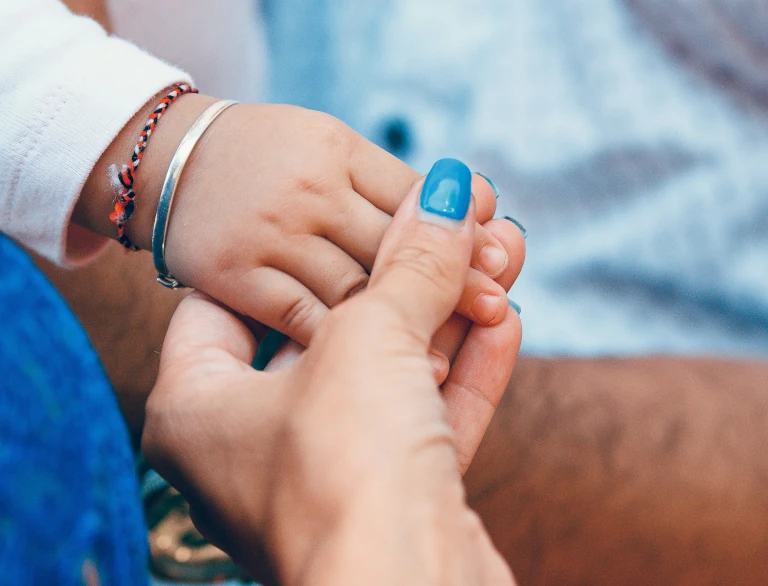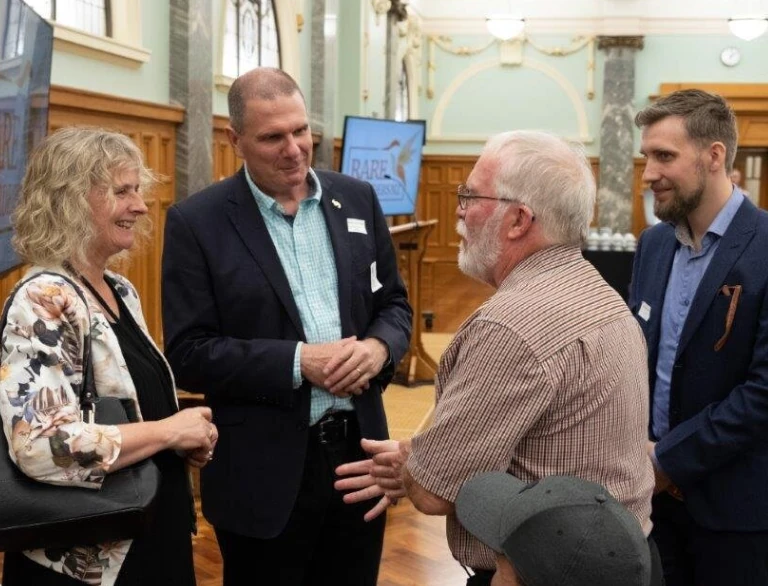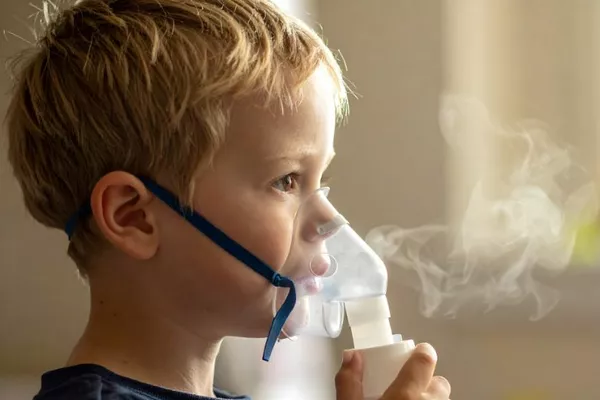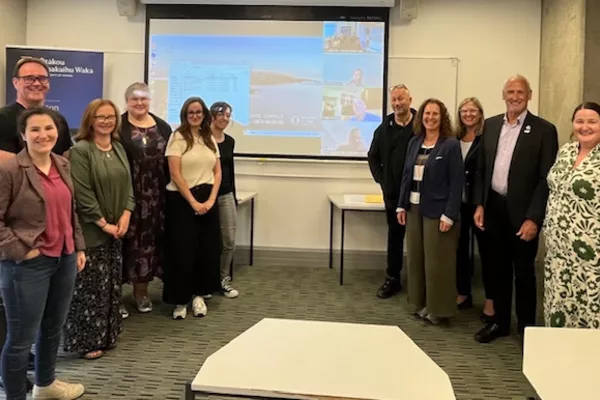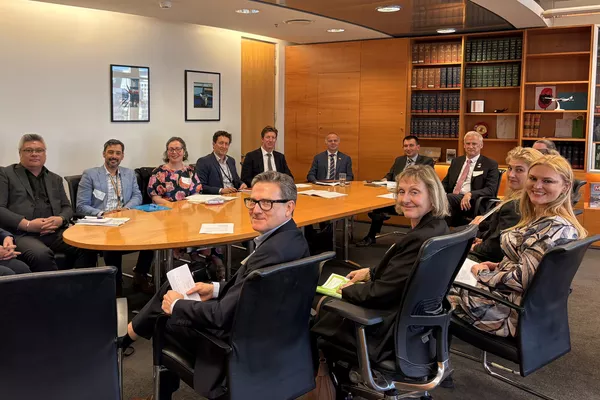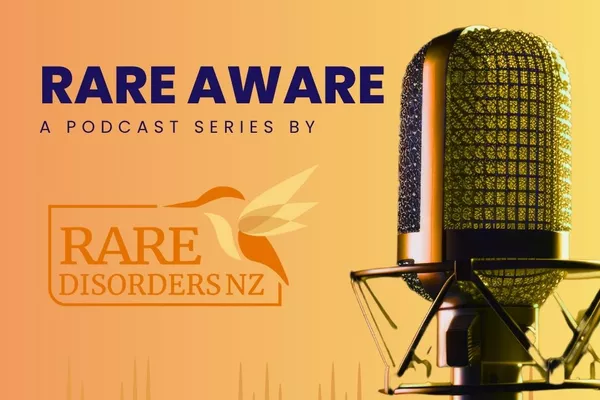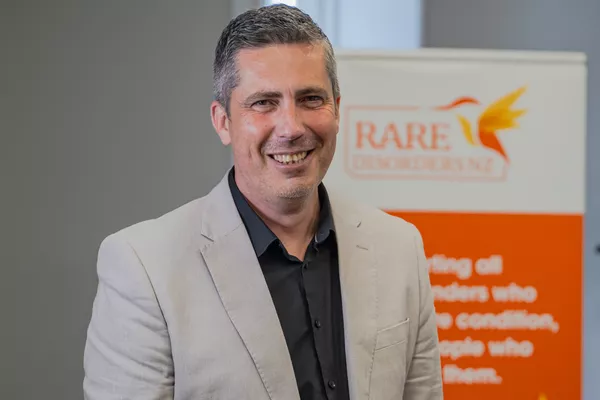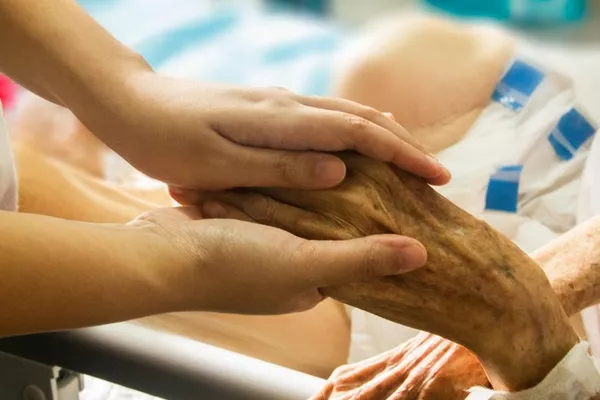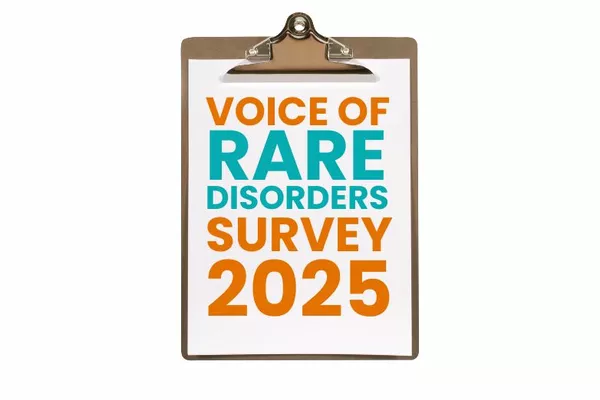RDRN News August 2025
 RARE DISORDERS RESEARCH NETWORK NEWS - Pānui August 2025 Kia ora koutou This is the first of what will be an occasional newsletter keeping New Zealand’s community of rare disorders researchers up to date about what’s happening in our sector, and offering opportunities to contribute to how we develop, grow and ultimately offer hope and solutions to New Zealanders living with rare disorders. WHO WE ARE The vision of creating a rare disorders research network can be traced back to mid 2023 when Professor Karen McBride-Henry and Dr Tara Officer, Victoria University of Wellington, received an HRC Health Delivery Research Activation Grant for their proposal “Invisible inequity: Healthcare insights from people with rare disorders”. The proposal noted a shortage of research exploring the needs of those with rare disorders when accessing healthcare in Aotearoa, and stated that in partnership with Rare Disorders New Zealand (RDNZ) the grant would among other things activate a rare disorders research network and develop a research strategy for rare disorders, with the network to be chaired by RDNZ’s Chief Executive and a kaupapa Māori expert. It was originally imagined that the network would comprise a relatively small number of rare disorders researchers, but with about 50 initial members, and growing, it was decided to invite expressions of interest in membership of a representative RDNZ Board appointed leadership group. The members of the Leadership Group can be found here, where there’s a further link to the group’s terms of reference. The group’s co-chairs are Associate Professor Phillip Wilcox (University of Otago) and Chris Higgins (RDNZ CE). The network has had two well supported in person meetings in the rare disorders awareness months of March 2024 and 2025, and one meeting of the leadership group on 27th March 2025.  PROFESSOR KAREN MCBRIDE-HENRY As we prepare to go to press it is with a degree of sadness that we accept Karen’s resignation, due to personal reasons, from the Leadership Group. We’ll definitely miss her input and wisdom, and I’m sure that everybody in New Zealand’s rare disorders research community will join us in thanking her for her pioneering work which has been instrumental in getting us to the point where we are now. Karen will maintain a continuing interest in our kaupapa as a member of the wider network.  OUR LOGO Under guidance from the leadership group’s kaupapa Māori co-chair Phillip Wilcox our logo takes the form of te kōtuku or white heron. Te kōtuku is a bird which is rare in New Zealand, and as such has special significance for Māori. RDNZ’s Māori support group members refer to themselves as Te Whānau Kōtuku, and kaumatua Toa Waaka gifted RDNZ the name te Poropaepae o te Kōtuku – the place of the kōtuku – for its office at its opening in September 2023.  RARE DISORDERS RESEARCH NETWORK (RDRN) LEADERSHIP GROUP MEETING The leadership group’s March meeting supported adopting the symbolism of te kōtuku, confirmed the group’s terms of reference, considered benefits of RDRN membership, endorsed the establishment of a New Zealand ERDERA National Mirror group (see below), and noted the intention to develop a New Zealand rare disorders research strategy. There was a good conversation about the breadth and expertise of the leadership group’s membership, noting that it might benefit from consumer voice representation, industry (ie clinical trial) involvement, and more Māori voices. It was agreed that keeping patients and whānau at the centre of the group’s goals and activities will be key.  RARE DISORDERS RESEARCH NETWORK MEETING 27 MARCH 2025 This meeting was hosted by Rare Disorders New Zealand and Victoria University of Wellington during rare disorders awareness month, with two themes comprising development of a rare disorders research strategy, and affiliation with the European Rare Diseases Research Alliance (ERDERA) through forming a New Zealand National Mirror Group. Presentations were delivered by: Professor Stephanie Hughes - Research Alliance for Rare Illness Translational Pathways (RARITY). This initiative unites a team of biologists, translational researchers, clinicians, community advocates and government policy advisors, in understanding and translating research to real-life clinical and community impact. Its goals are to build an Otago-based network, aligned with the national Rare Disorders New Zealand-led framework, partnering with tangata whenua, support groups and government organisations. It will strengthen knowledge in rare disorders and enhance student and EMCR capabilities with opportunities to engage nationally and internationally. In four years’ time, RARITY will have developed a collaborative pathway to clinical and social impact in Aotearoa for rare disorders. Associate Professor Phillip Wilcox (Ngāti Rakaipaaka, Ngāti Kahungunu ki Wairoa, Rongomaiwahine) - He Kākano Māori Variome. This project aimed to: Develop a database, underpinned by indigenous values and ethical frameworks, of DNA sequence variation across Māoridom Enrol ~1000 people through community engagement Design database and associated tools enabled to deliver clinical benefits Develop protocols to implement Māori control over database use Include mātauranga Māori to guide sampling locations and assess diversity in real time Implement the database and identify a sustainable, secure location for this taonga Development of a variome for Māori has now been successfully conceptualized, rationalized, designed and conducted. Target recruitment numbers have been reached which closely represent 2013 iwi representation statistics. Benefits of mātauranga Māori - particularly whakapapa - have been demonstrated. Pilot use has begun delivering benefits (and not only to Māori), and He Kākano Māori Variome is almost ready for launch Associate Professor Louise Bicknell – ERDERA (European Rare Diseases Research Alliance). ERDERA is a recent Horizon led development which has evolved from the European Joint Programme on Rare Diseases (EJPRD) which ran from 2019-2024, and now represents the biggest rare disorder research consortium worldwide. Its vision is to improve the health and wellbeing of 30 million persons living with a rare disease in Europe, by making Europe a world-leader in rare diseases research and innovation, and delivering concrete health benefits to rare disease patients, through better prevention, diagnosis and treatment. ERDERA membership is open to non-European countries through Horizone Europe agreements, and New Zealand has been invited to join via the University of Otago. Benefits include: access to hubs for data services, expertise services, acceleration and education and training; participation in the ERDERA clinical research network; international capacity alignment; and (limited) funding. Each country involved is also required to establish a National Mirror Group (see below). Professors Gareth Baynam and Hugh Dawkins – cross sector rare disorders research framework. Drawing from experiences and learning from Western Australia’s Rare Care Centre and its undiagnosed disease programme, Gareth and Hugh spoke to the relevance of the International Rare Diseases Research Consortium, the Undiagnosed Disease Network International, the Global Commission on Rare Disease, the UN, WHO, the World Economic Forum, ERDERA, and the Lancet Commission on Rare Diseases. Gareth and Hugh noted the dearth of research related to models of care for rare and undiagnosed disease and said that people living with rare or undiagnosed disease require nuanced and evidence-based coordination of care and services that address and meet all their needs. This care includes mental health and wellbeing, culturally safe and responsive care, and spiritual needs and care. Further research is needed to understand these in the context and lived experience of rare and undiagnosed disease. Discussion Participants’ discussion following the presentations supported affiliating with ERDERA by way of a New Zealand National Mirror Group. It also informed the scope and content of a New Zealand rare disorders research strategy, with the latter having been confirmed for inclusion in RDNZ’s 2025/26 annual plan, to be developed with Rare Disorders Research Network Leadership Group oversight. Themes that came from the discussion on a strategy included being whānau-centred and equity focussed, and the need to map current research and identify gaps, as well as identify applicable connections between researchers and with clinicians. Chris is hoping to commence work on a first consultation draft rare disorders research strategy in August, for the initial consideration of the Leadership Group, and then RDRN members after that. Requests for the PowerPoint presentations and the full set of discussion notes are welcome. Please email chris.higgins@raredisorders.org.nz.  TOWARDS A NEW ZEALAND ERDERA NATIONAL MIRROR GROUP Firstly, huge thanks to Louise Bicknell for her leadership in being New Zealand’s ambassador to EJPRD and ERDERA in Europe over the past twelve to eighteen months, and for her successful application for Royal Society/Catalyst funding to enable progression of New Zealand’s ambition to be represented in ERDERA with its own National Mirror Group. The funding enables a new partnership with Australian researchers, particularly Professor Gareth Baynam, and will predominantly assist in establishing the New Zealand National Mirror Group - supporting Louise, Gareth and key members to travel to both New Zealand and Australian National Mirror Group (NMG) meetings. Through these meetings, key project members will build knowledge, networks, and generate activities and future plans. Furthermore, it will support Louise and Chris Higgins (Chief Executive, Rare Disorders New Zealand, Chair of the NZ NMG) to attend the international ERDERA NMG annual meetings, to network and learn from many other countries, particularly those more advanced in prioritising rare disorder research. Becoming an NMG will support us to adopt best practice in supporting rare disorders research infrastructure which “links policymakers, clinicians, scientists and patient organisations” and contributes and benefits from implementation of rare diseases/disorders national plans and strategies. Separate to this Chris and Louise participated in an early June ERDERA event in Riga (Latvia) aimed at maximising “the power of national plans for rare diseases and strengthening their capacity to foster rare-disease research”. Chris was asked to deliver a plenary presentation on how New Zealand is progressing the development of New Zealand’s rare disorders research capacity in the context of a stalled Rare Disorders Strategy. This became the catalyst for subsequent discussions about the possibility of establishing an informal “commonwealth” ERDERA NMG network comprising Canada, WA/Australia, UK and New Zealand. Our participation in this event and the opportunities for in-person networking with ERDERA colleagues will be invaluable for smoothing the NZ NMG pathway. We are currently working with ERDERA to formally establish our NMG. Our first event is likely to be virtual, and we are planning on having a one-day hui in Wellington in November. More information will be circulated soon. ERDERA NETWORKING SUPPORT SCHEME The ERDERA Networking Support Scheme (NSS) call is now officially open! This scheme is designed for organising a networking event focused on a rare disease or rare cancer. While NZ can’t host an event, New Zealand rare disorders researchers can get travel costs covered as an invited speaker or Chair of a session, noting the need for multiple countries to be on any application including an under-represented country (NZ doesn’t yet count as an eligible country). ERDERA is promoting the scheme as a competitive funding opportunity to support transnational networking events aimed at advancing knowledge exchange in rare diseases and rare cancers, with key details as follows Budget: Up to €30,000 per event, including VAT Format: In-person or hybrid gatherings with dynamic interaction opportunities Participants: Must include attendees from at least three different eligible ERDERA countries, with at least one from an under-represented country Eligibility: Open to researchers, clinicians, research managers, and patient advocacy organisations Submission: Continuous call with reviews every six months For full details, application guidance, and the list of eligible countries, please visit the ERDERA NSS page: https://erdera.org/nss/. You are also welcome to contact Louise Bicknell if you have any questions: louise.bicknell@otago.ac.nz RARE DISORDERS CLINICAL TRIALS Chris has been reaching out to Australian and New Zealand clinical trials entities with an interest in rare disorders, and we warmly welcome their scientists and researchers to the rare disorders research network. ACCELERATING R&D FOR RARE DISEASE IN THE UK LifeArc, together with the Genetic Alliance UK, has published a report titled “Accelerating R&D for Rare Disease in the UK: An opportunity to change millions of lives”. The report makes recommendations for bridging the gaps holding back rare disease R&D, organised under headings of diagnosis and data, market access and support for innovators. It promises to be a useful reference document for progressing New Zealand’s own rare disorders research strategy. LifeArc describes itself as a not-for-profit life science organisation which is leading the way for change in rare diseases and supporting promising initiatives in global health, adding “through our scientific capabilities, translational expertise and partnerships, we ensure great science achieves its potential and reaches patients faster”. WIEDEMANN-STEINER SYNDROME Rare disorders researchers with an interest in Wiedemann-Steiner Syndrome may be interested to know that the Wiedemann-Steiner Syndrome Foundation will provide 2-year grants to support research related to Wiedemann-Steiner Syndrome. At least 3 awards will be granted. RDNZ AND RARE DISORDERS RESEARCH PROPOSALS It is becoming standard for research funding and investment agencies to require evidence of patient and consumer engagement in funding applications. RDNZ is happy to provide letters of support for any rare disorders research applications. We’re also happy in principle to be identified as co-participants, provided that our contribution is appropriately valued monetarily in the application, and that there’s been a prior discussion about what our contribution will look like.  RARE DISORDERS RESEARCH NETWORK MEMBERSHIP Membership of RDNZ’s Rare Disorders Research Network (RDRN) is open to any recognised New Zealand based researcher who is, has been, or expects to be actively engaged in any aspect of rare disorders research. If you’d like to join please email chris.higgins@raredisorders.org.nz with your credentials including rare disorders research areas of interest and work in New Zealand, institutional affiliations etc. Benefits of membership include: Invitations to member only rare disorders research networking events and forums Opportunities for your research to be promoted to the rare disorders community through RDNZ communications channels Enhanced prospects for your research to be embedded into practice in New Zealand as a result of RDNZ and Support Group advocacy Sharing of knowledge and ideas among colleagues in the rare disorders research community Being kept up to date about international rare disorders sector collaborations and developments Opportunities to contribute to the growth of New Zealand’s rare disorders research capacity, including the development of a rare disorders research strategy Receipt of and an open invitation to contribute to the Rare Disorders Research Network newsletter If you don’t think you meet the criteria to be a RDRN member, don’t worry, as anybody who’s interested in rare disorders research is warmly encouraged to sign up to receive our newsletter. If you don’t want to receive this newsletter please email RDNZadmin@raredisorders.org.nz and we’ll remove you from the distribution list. |


